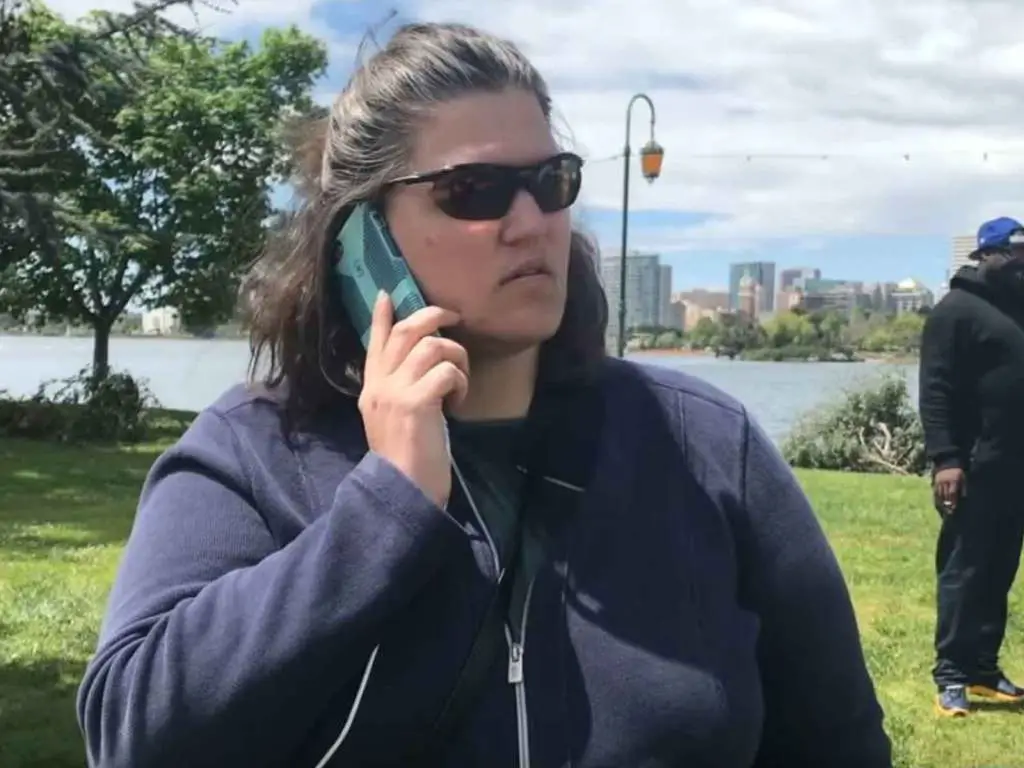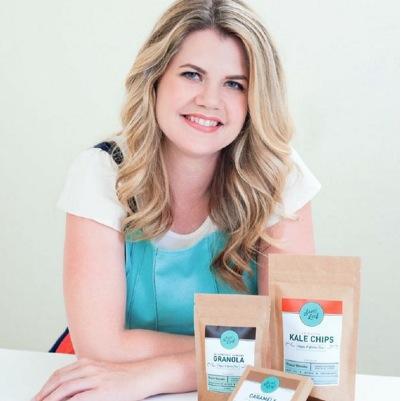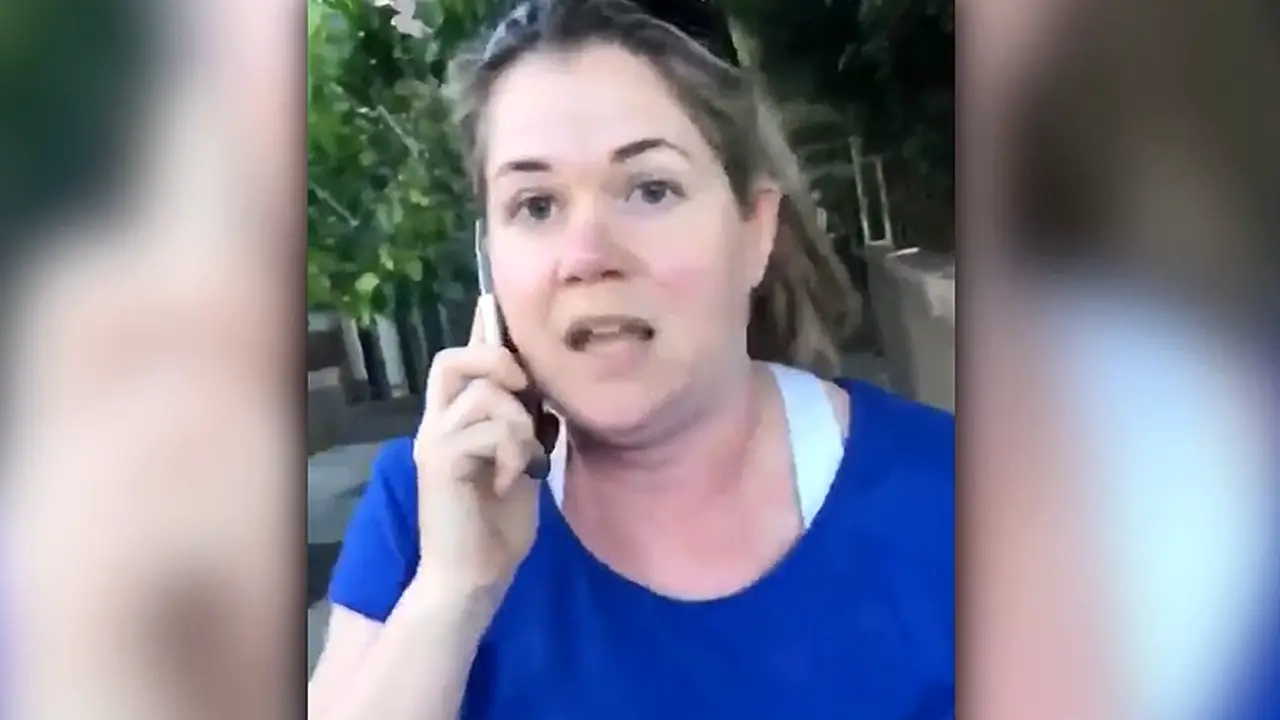In case you haven’t heard of the latest racial-fueled incident to circulate Twitter, a white woman — dubbed “Permit Patty” by internet onlookers — attempted to call the police on an 8-year-old African-American girl for selling water bottles on the street because she didn’t have a permit.
Since the viral video’s origin, Alison Ettel has been met with constant online negativity and backlash galore. Ettel, who claims she was trying to be polite, was even given the opportunity to defend her actions on “The Today Show.”
Ettel’s whereabouts only caused continued uproar when it was revealed that the 8-year-old, Jordan Rogers, was raising money to go to Disneyland with her family. The Twitter video of Ettel calling 911 has over 1 million views — not to mention she’s become the face of racists getting angry over people of color living their daily lives. (Permit Patty, meet BBQ Becky.)

Memes and angry white women aside, Ettel has received some much deserved repercussions throughout the past few weeks. In fact, Ettel — get this — was forced to step down as CEO from her company, TreatWell Health, which is solely designated to selling cannabis-infused products for people and dogs.
That means that Permit Patty, the woman that so maliciously called the police on a young girl trying to sell water bottles, was the former head of a glorified weed dispensary. May I remind you that hundreds of African Americans are currently serving year-long sentences for either possessing or selling weed?
The double standard is simply too large to ignore here.
The fact that Ettel’s occupation is more commonly viewed as a prison-worthy crime for African Americans is an issue that’s too often overlooked in the nation. Even with the decriminalization of cannabis in certain cities and states (and, in some, its legality), there are still people of color rotting away in prison for the exact same thing.
So, why does this standard exist? Why does society view Ettel’s job as legitimate while attaching such a bluntly negative connotation to African Americans selling weed?
The counterargument at hand, and perhaps the most obvious, might come down to the legality of it all. In short, what Ettel’s company (or former company, rather) does is legal. TreatWell Health is located in California, where weed is legal for both recreational and medicinal use.

TreatWell also sells tinctures of cannabis, which means the company is selling and disturbing the alcoholic extract of weed rather than weed itself. (To be clear, I’m not supplying this information so you can support them. Permit Patty’s prior company doesn’t deserve your money.)
So no, Ettel wasn’t a drug dealer of any kind, nor was she sketchily distributing weed in large quantities. She wasn’t even doing anything that would receive (or deserve) attention or engagement from law enforcement.
But this still brings me back to my original question. If a person of color were in her same position, would society view them as a successful entrepreneur, the way Ettel was perceived? Would a minority even be able to receive proper licensing to create a company that distributes mere traces of cannabis?
These questions are important to ponder, but maybe they’re slightly impossible hypotheticals. Even so, the American Civil Liberties Union reported that black people are nearly four times more likely than white people to be arrested for cannabis possession.
This means that even if weed remains illegal (or arrests were made in states with stricter legislation), people of color are still on the harsher end of the spectrum. Yet that’s not necessarily a profound finding, especially for minorities.
The racism that is so clearly expressed by this double standard perhaps catapulted Ettel’s righteously prejudice actions. Although Ettel never actually made the 911 call, the principle behind the situation is apparent. Her defense is nothing beyond thinly veiled racism.
By no means am I arguing that cannabis-fueled discrimination is the reasoning behind Ettel’s actions. If anything, it’s a contributing factor to the entitlement she so boldly expressed — but that’s about the extent of it.
This standard of course goes beyond this particular incident, too. Ettel is one of many white individuals profiting off the legal side of cannabis.
It’s not just the so-called entrepreneurs that are enforcing this, though. Like any other nationwide debacle, it comes down to societal standards and people in power that can make a difference. Defeating (or at least deafening) this paradigm isn’t impossible, but it’s definitely harder than most.
The solution would most likely root from changing the classic weed narrative: the idea that it’s a “gateway drug” and can ruin a person’s life. However, the fact that Ettel, among hundreds of others, are able to make a living off of legally distributing traces of weed means that we’re not so far off.
By understanding that weed isn’t always terrible (and thus decriminalizing its possession), maybe alterations could begin to occur on the legal side of things. Freeing minorities serving sentences for distribution or possession would be a massive and necessary step in the right direction.
But even so, making an effort to remove the stigma wouldn’t solve every issue. The relationship between people of color and law enforcement is just as crucial, if not more.
The bottom line still remains. A candidly prejudice white woman is able to run a business involving weed, yet minorities continue to be brutalized and arrested for the same thing.
While Ettel refuses to admit that her actions were inadvertently racist, it’s no surprise that she doesn’t realize her privilege either.
Perhaps that’s the foundation of this whole situation, though — her inability to recognize her privileged job made her think it was OK to call 911 or threaten a little girl. It’s not just about her career, but rather her skewed understanding of minorities in general.
If anything, take a lesson away from Ettel. Maybe it’s the decision not to buy weed (or traces of it) from racist white ladies. Or maybe the choice to buy water bottles from people on the street.
Either way, just don’t be a Permit Patty.

















